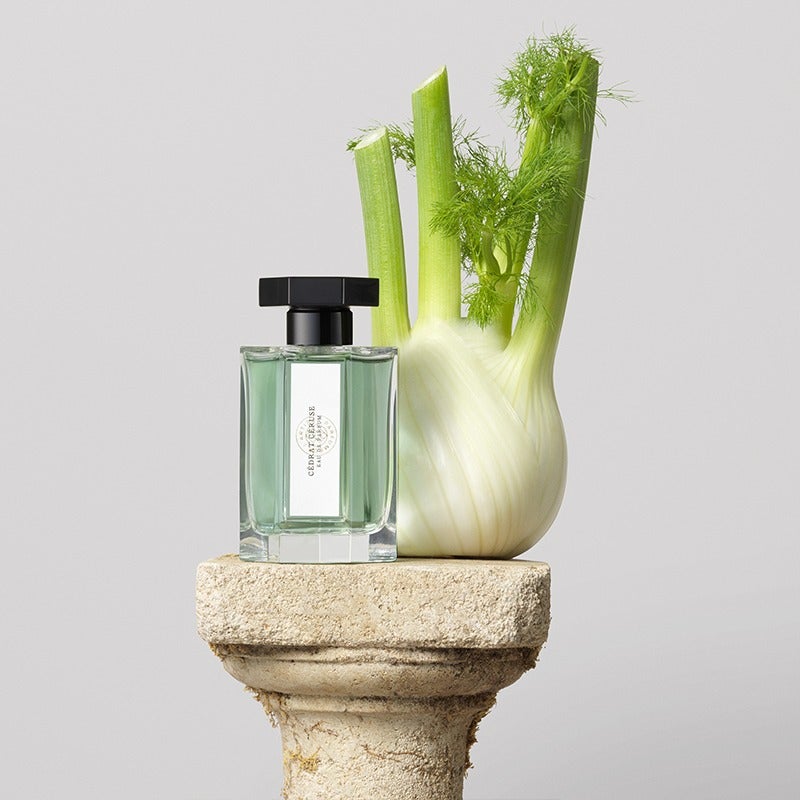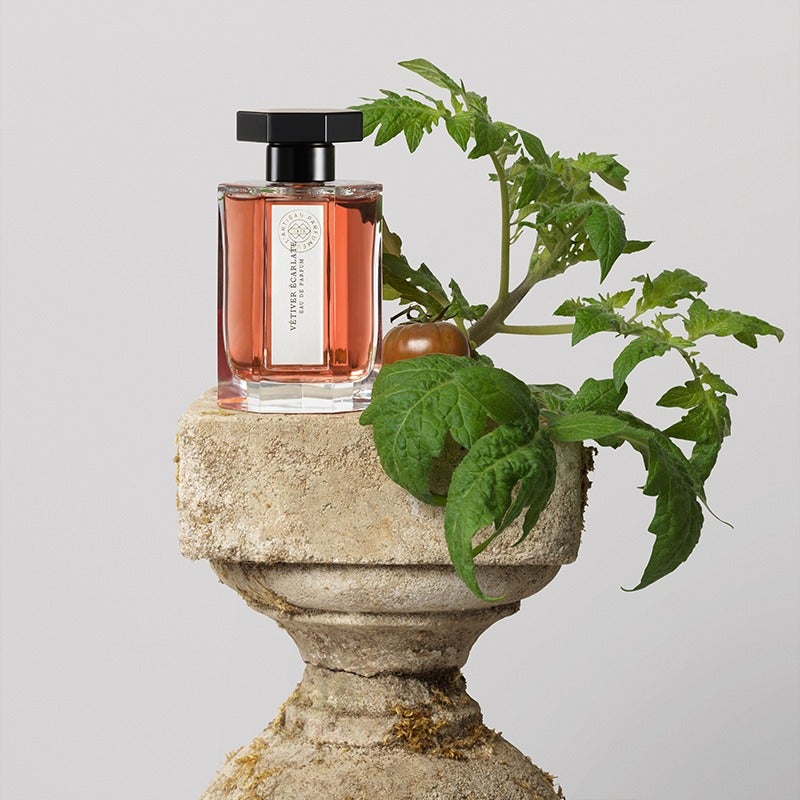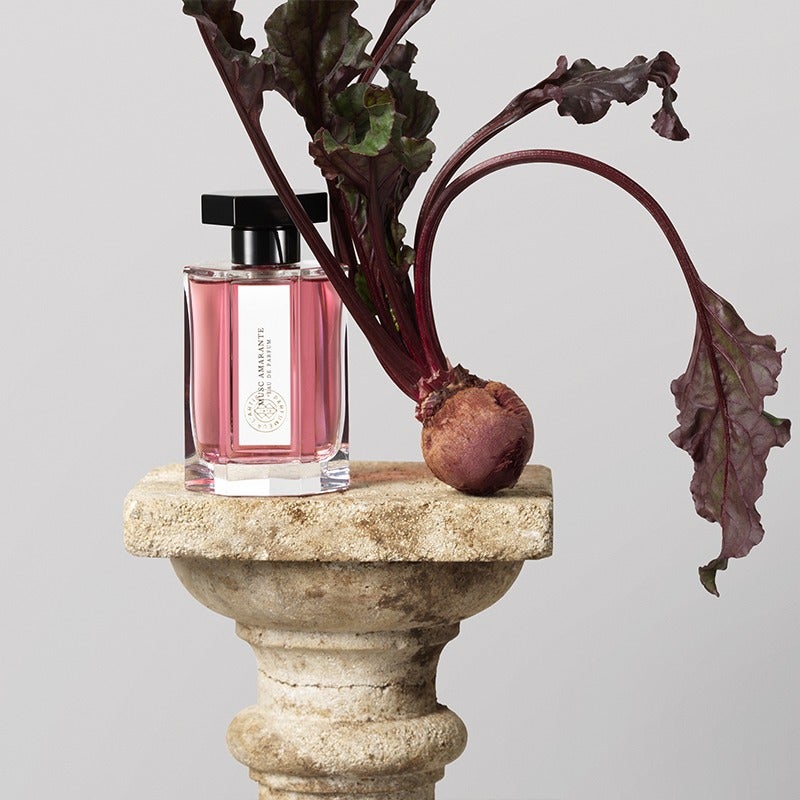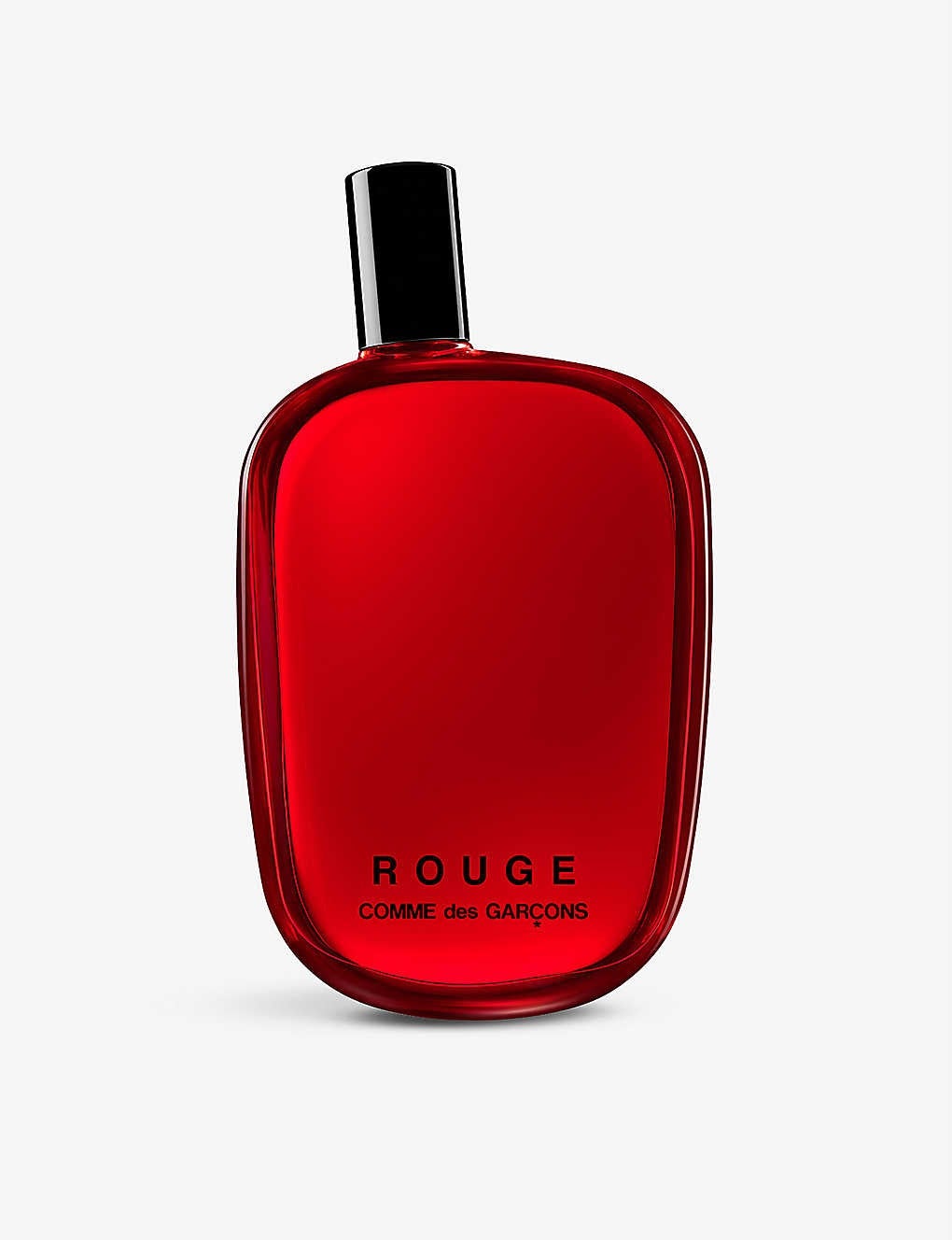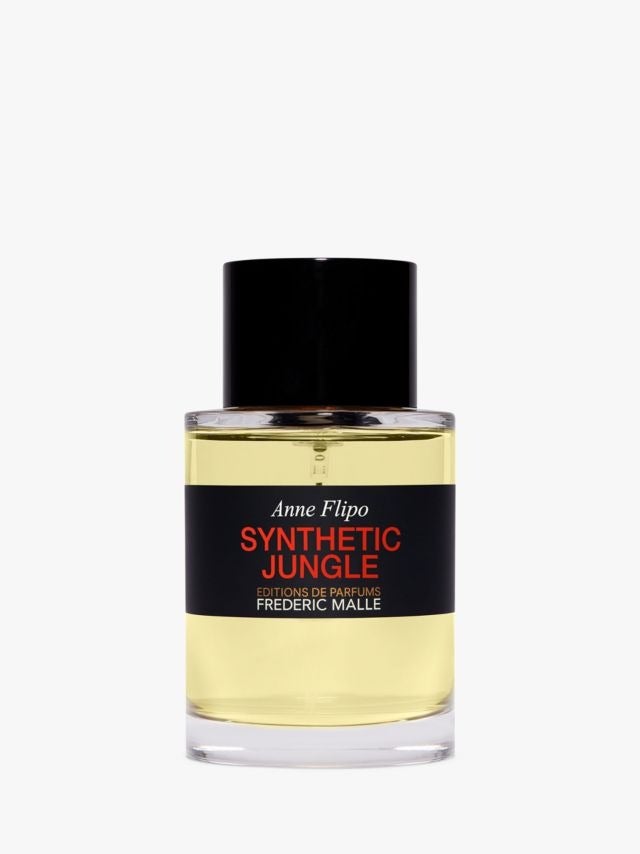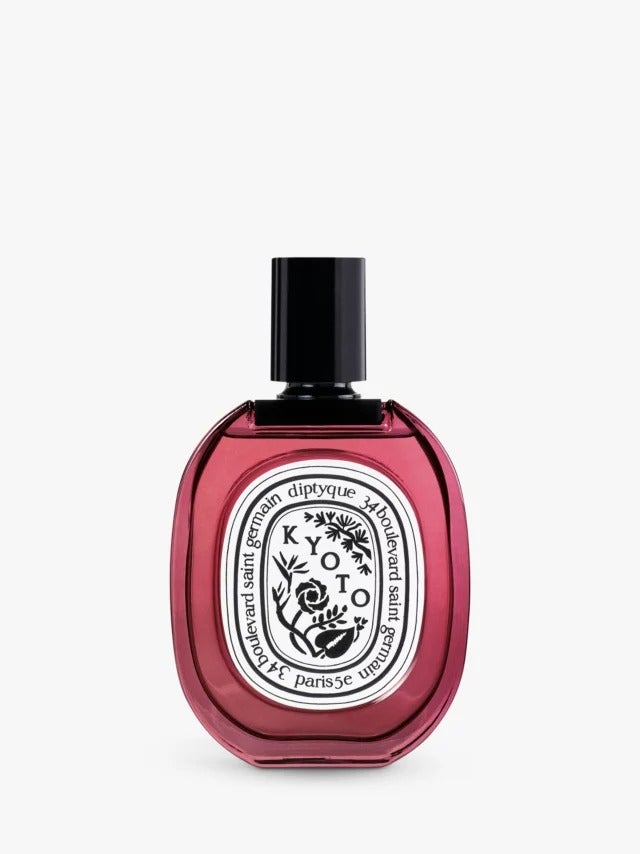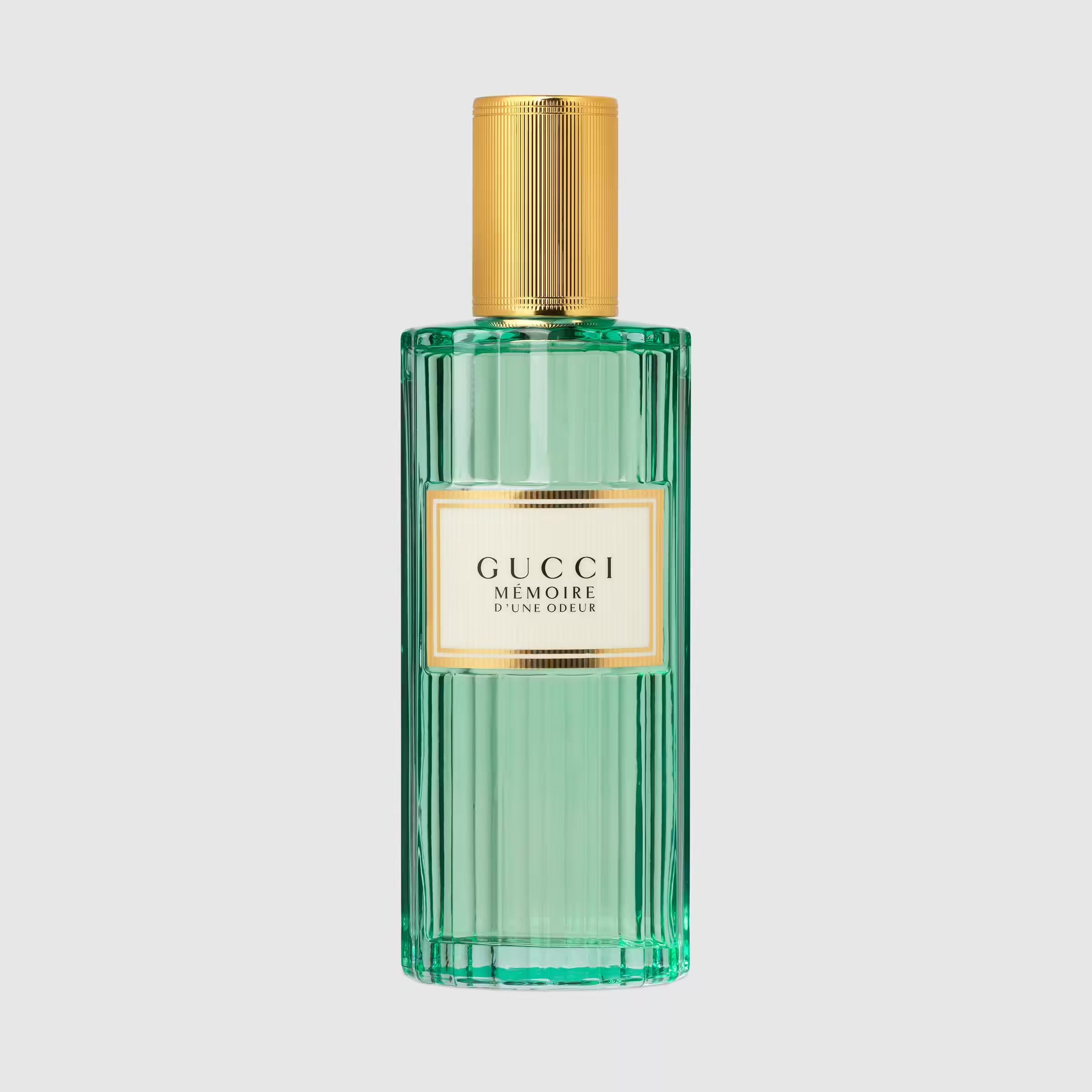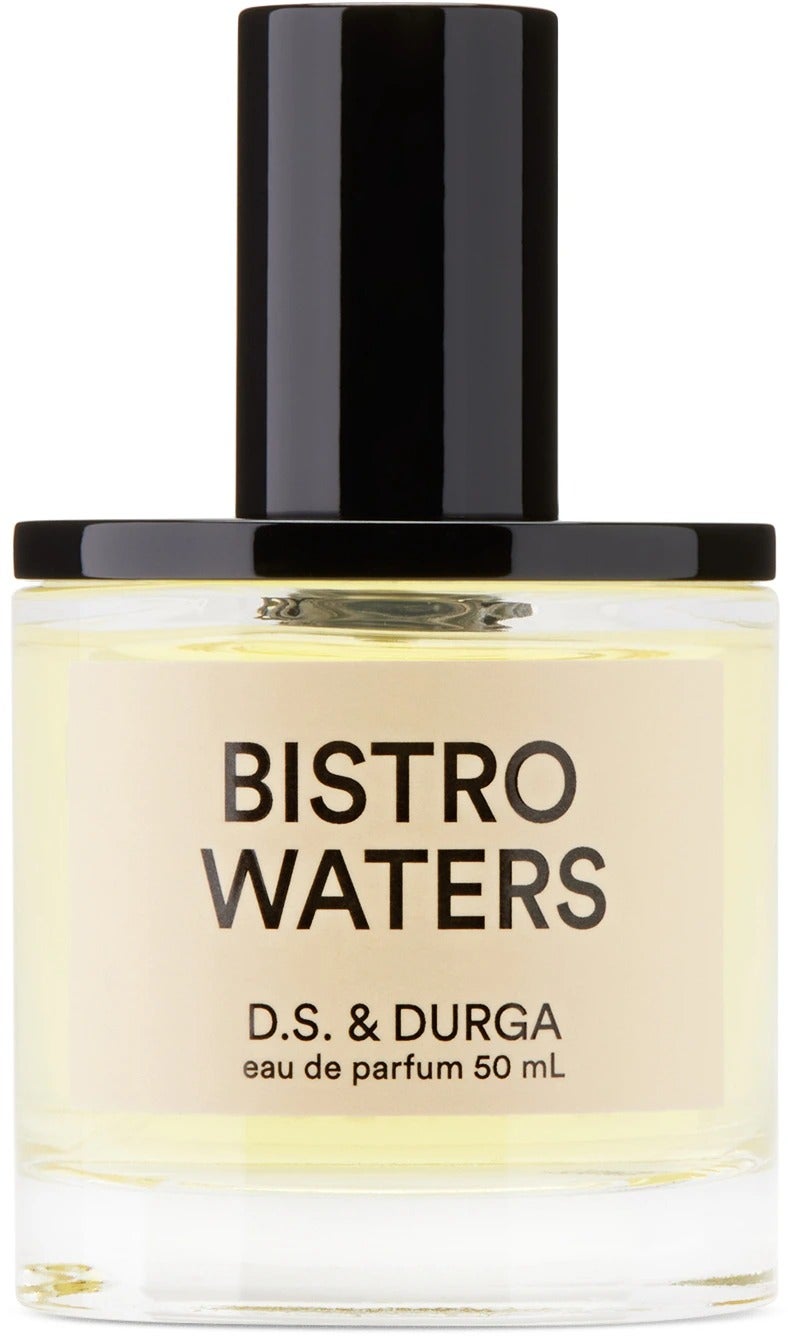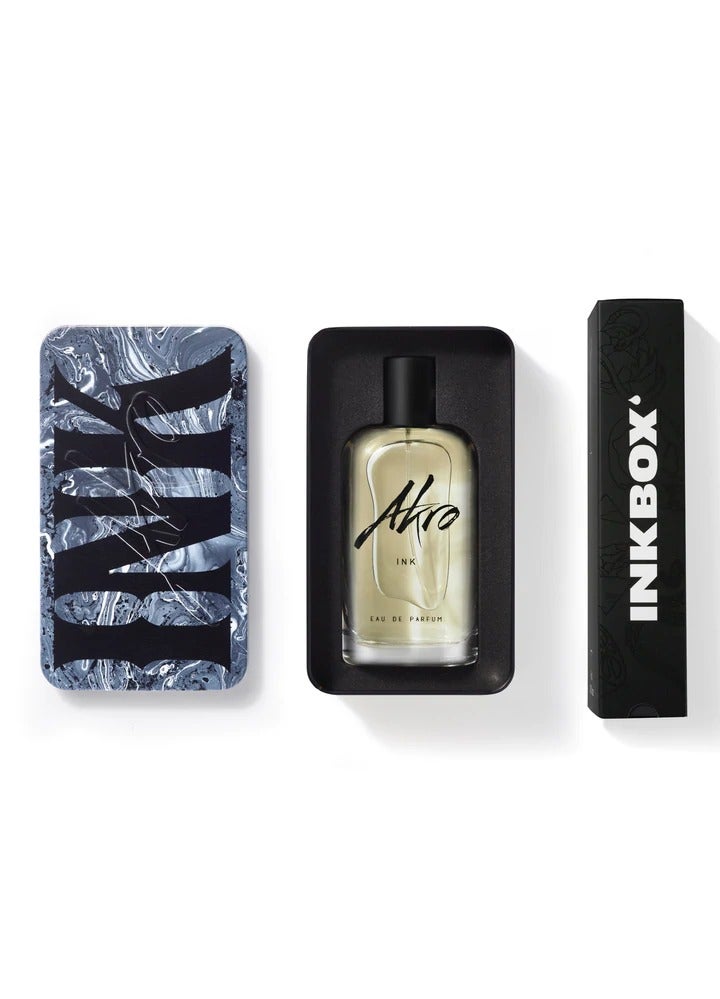Summer’s Hottest Perfume Trend Is…Savoury
Designed by Kristine Romano.
Whether you leave the house in a cloud of perfume or prefer a quick spritz here and there, it's hard to avoid the syrupy scents which have flooded beauty aisles and social media over the past few years.
Famous the world over, Maison Francis Kurkdjian's Baccarat Rouge 540 is revered for its honeyed jasmine notes, for instance. Viktor & Rolf's Flowerbomb is laced with rose and vanilla, and then there's YSL's Black Opium, bursting with pear and orange blossom. All three have legions of loyal fans but some may find perfumes like these a little cloying. Perhaps even tooth-achingly sweet.
AdvertisementADVERTISEMENT
If that's you, the latest trend might pique your interest as it seems we're moving away from those traditionally heavy floral facets and saccharine nuances for something a little more green.
It may sound strange but a new wave of fresh, vegetal and even savoury fragrances are taking over. L'Artisan Parfumeur, one of the first niche perfume houses, is a good example. The brand recently unveiled Le Potager collection, inspired by founder Jean Laporte's vegetable garden. 'Le Potager' translates to 'kitchen garden' and each of the five scents (Iris de Gris, Cédrat Céruse, Vétiver Ecarlate, Musc Amarante and Tonka Blanc) showcases a different vegetal note including fennel, beetroot, tomato leaf and peas. Yes, really.
Perfumers Alexandra Carlin and Quentin Bisch set out to explore new olfactory horizons with this collection. Pushing boundaries, they say that these vegetable notes have never been used in perfumery until now. On the brand's website, Bisch said that the challenge is to dress the vegetable with a classic material (like more well-known perfume notes such as pink pepper, lemon and musk) to keep a part of the mystery. Carlin's creation, Tonka Blanc, even uses notoriously potent cauliflower. "It is the first perfume on the market to contain a natural vegetable extract," said Carlin.
L'Artisan Parfumeur's fragrances are often subtle twists on classic French perfumery and Le Potager is no exception despite its surprising ingredients list. Each perfume in the collection is quite a simple composition. They highlight the savoury notes without scaring away traditionalists thanks to the addition of citrussy top notes and deeper, woody or musky bases. Le Potager explores the naturalistic and summery freshness often found in classic cologne fragrances but with increased sillage and staying power.
AdvertisementADVERTISEMENT
More recently, Gucci's Mémoire d’une Odeur Eau de Parfum brought green and herbal fragrances up to the modern day, while Comme des Garçons' Rouge Eau de Parfum pushes a beetroot note to the forefront, giving an earthy twist to its amber and incense. Diptyque has followed suit with its limited-edition Kyoto Eau de Parfum, which again features the deeper nuances of beetroot. Diptyque doubled down on the veggie notes with its first release of this year, Eau Rose Eau de Toilette — a fresh rose scent featuring a surprising artichoke note. Frederic Malle's Synthetic Jungle Eau de Parfum (packed with basil) is also undoubtedly a huge influence on the upcoming green and vegetal fragrances.
So why are we ditching pretty florals for more savoury-leaning notes? Fragrance writer and expert Alice du Parcq explains that brands are looking for a certain "scent vibe", perhaps ahead of summer when we tend to hanker for fresher smells and spend more time outdoors. "Jo Malone London are soon to release a collection inspired by wild swimming, for example," reveals du Parcq, "with plenty of flinty, salty and dry driftwood notes that don't feature hugely in the rest of their collections."
AdvertisementADVERTISEMENT
Du Parcq adds that a handful of new ingredients, particularly savoury notes — including vegetables — have recently been approved through regulations and can finally be used in perfumery. "Recently Olivier Cresp, the perfumer who made [Thierry Mugler] Angel, told me about a huge microwave system to extract scent from ingredients you couldn't usually extract via traditional perfumery techniques," says du Parcq. Typically, vegetables and greens don't have a very long shelf life and can end up smelling off very quickly. Game-changing perfume tech is able to harness these smells when they're at their freshest.
What's more, the ubiquity of sugar, fruit and flowers in modern women's perfumes has meant that more fresh or herbal scents have long been associated with men's fragrance. But if these perfumes are anything to go by, we're stepping away from gendered smells which put specific notes into boxes. Instead we're entering a new and surprising scent landscape fuelled by experiences, memory and experimentation — with vegetal nuances front and centre.
An even more unusual release into this fluid trend is Bistro Waters Eau de Parfum by D.S. & Durga, launching in the UK later this month. Genderless — as are all of D.S. & Durga's fragrances — it adds to the brand's carefree chicness. Many of the perfumes in the collection lean into green and herbal but Bistro Waters pushes this further than anything else. The fragrance is inspired by New York restaurants in the '90s, specifically the aromas of the food, drinks and aquatic perfumes which dominated the era. More than merely vegetal, this scent is savoury, with notes of bell pepper, lime blossom, coriander seed and basil, which all contribute to the vegetal tang. This certainly leads the savoury trend into more extreme territory but the fresh vegetables, crisp cocktails and herbal aromatics make it a perfect summer perfume.
AdvertisementADVERTISEMENT
The final notable perfume is arguably the wackiest. Akro's latest creation, the limited-edition Ink Eau de Parfum, continues the brand's line of fragrances inspired by vices and taboos: coffee, chocolate, whiskey, sex, cannabis, cigarettes. It features notes of black tattoo ink, plus green vetiver, jasmine and birch. But du Parcq senses accords of blood and metal machinery, which ensure the perfume is unlike anything you have ever smelled before. She was lucky enough to try it early. "It smells so savoury, it's shocking at first but it becomes weirdly addictive," says du Parcq. It really emphasises the recent desire for more avant-garde perfumes — scents that evoke a moment or an experience rather than just a pretty smell — and can be worn by anyone, at any time, perhaps because there is no occasion where an inky, bloody, jasmine mix is truly appropriate...
Ultimately, while vegetal and savoury fragrances are an interesting trend, it will be a hard-fought battle to convince many to give up their Mugler Alien or Lancôme La Vie Est Belle. As du Parcq says, sweet gourmand scents like these — "high calorie smells", as she calls them — are so enduringly popular because they are long-lasting and trigger our brain's alert system. It's no wonder we're conditioned to gravitate towards them, she adds. But the new and unusual savoury perfumes suggest a growing appetite for the unknown and the unique. With summer right around the corner, what better time to shelve your treacly favourites and immerse yourself in something fresher, greener and more verdant.
Refinery29's selection is purely editorial and independently chosen – we only feature items we love! As part of our business model we do work with affiliates; if you directly purchase something from a link on this article, we may earn a small amount of commission. Transparency is important to us at Refinery29, if you have any questions please reach out to us.
AdvertisementADVERTISEMENT







